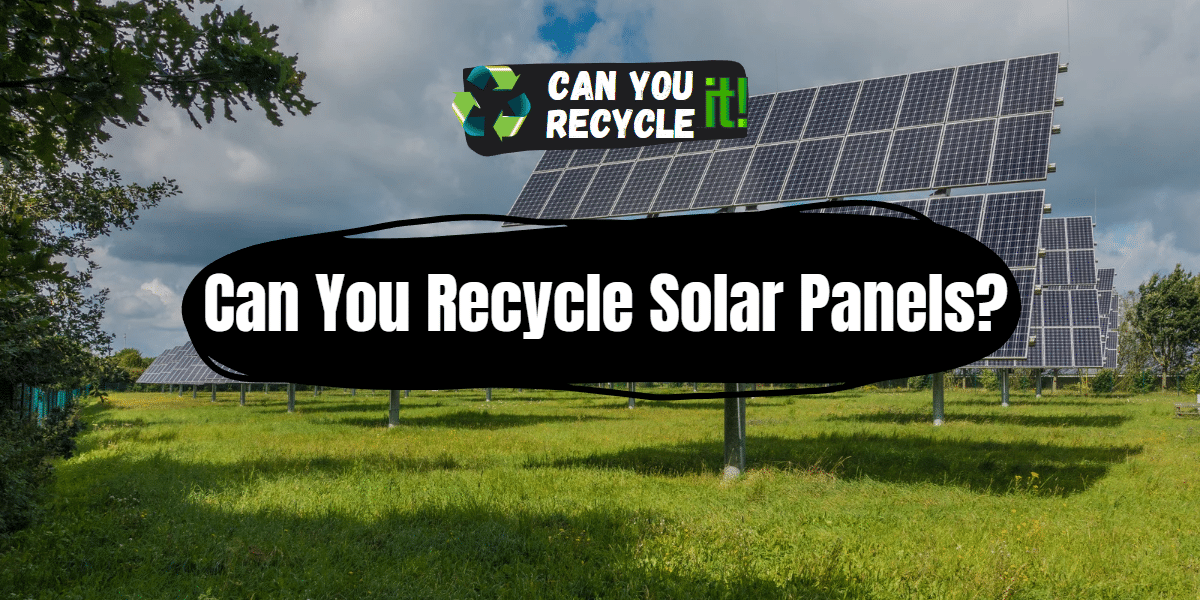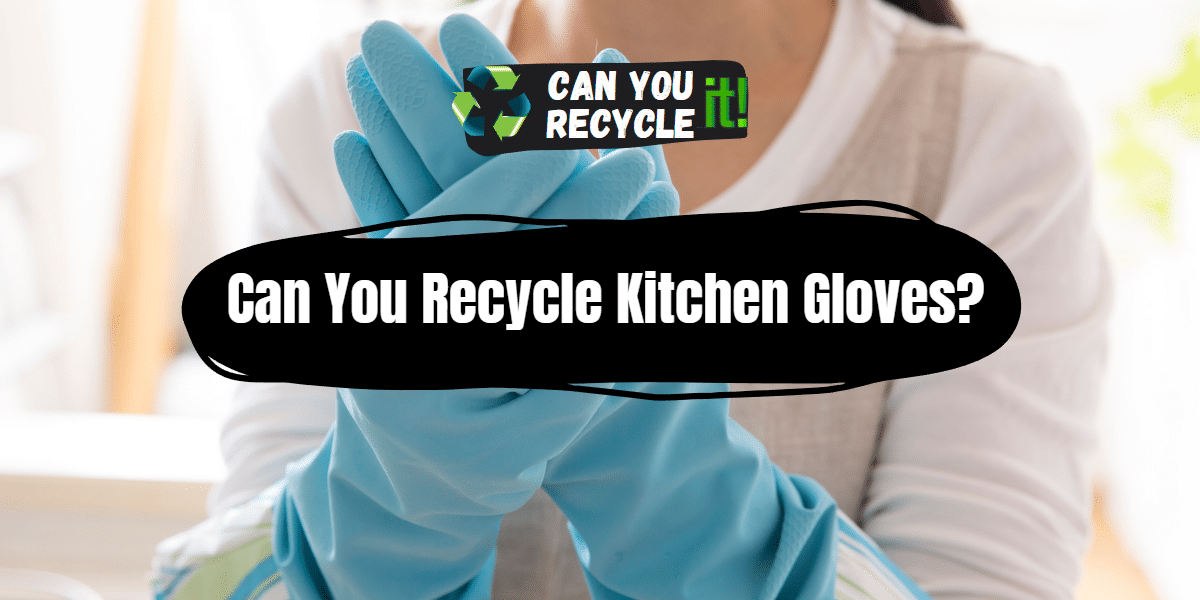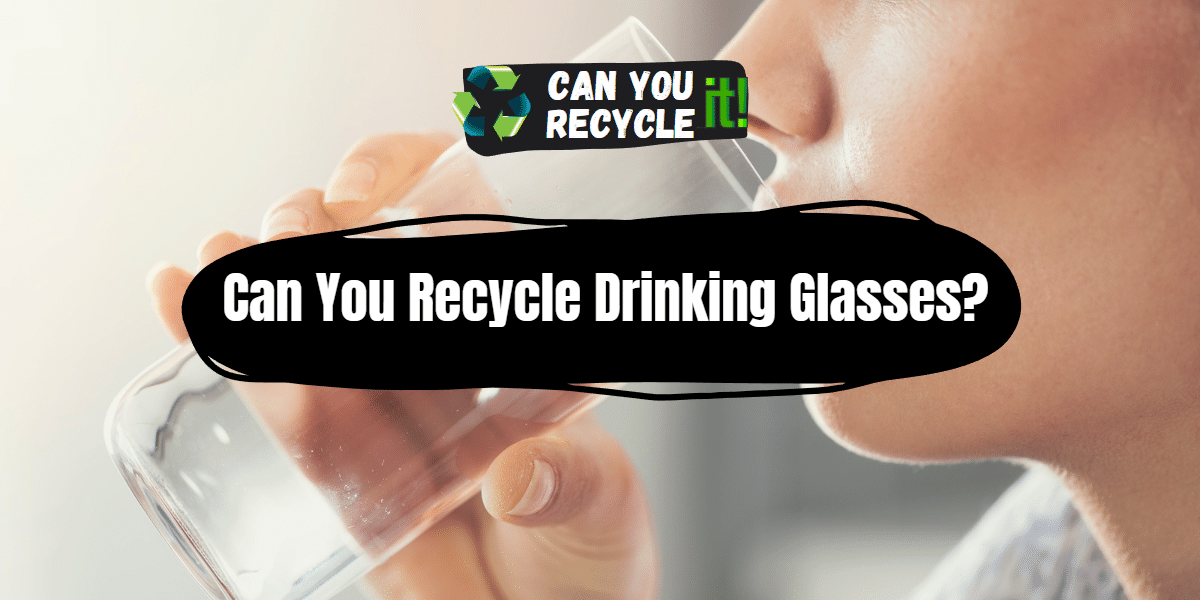Yes, we can recycle solar panels. Like many other electronic devices, solar panels contain valuable materials that can be recovered and reused through recycling. Recycling solar panels reduces the environmental impact of their disposal, helps conserve resources, and promotes sustainability.
In this article, we will delve into the dos and don’ts of recycling solar panels, provide a step-by-step guide to recycle them effectively, discuss what to do with panels that cannot be recycled, explore the environmental impact of recycling solar panels, answer frequently asked questions, and offer final thoughts on the subject.
Table of Contents
Do’s and Don’ts
When it comes to recycling solar panels, certain dos and don’ts should be kept in mind to ensure the process is carried out effectively and safely.
Dos
- Research recycling options: Before disposing of your solar panels, research local recycling facilities or programs that accept them. Finding reputable recycling centers specializing in handling electronic waste, including solar panels, is crucial.
- Contact the manufacturer: Reach out to the manufacturer of your solar panels and inquire about their recycling programs. Many manufacturers have take-back initiatives or partnerships with recycling facilities, making it easier for consumers to recycle their panels responsibly.
- Handle with care: When removing solar panels, exercise caution and follow proper safety procedures. Unplug them from any power source and avoid damaging the panels during removal.
- Separate components: If possible, separate the various components of the solar panels before recycling. This can include separating glass, metals, and other materials. Doing so makes extracting valuable resources from the panels easier for recycling centers.
- Dispose of hazardous materials: Some solar panels may contain hazardous materials such as lead or cadmium. Follow proper guidelines for disposing of these hazardous components and ensure they are handled by professionals specializing in hazardous waste management.
Don’ts
- Please don’t throw them in regular waste: Solar panels should never be disposed of in regular household waste bins. They contain valuable materials that can be recovered and reused through recycling processes. Proper recycling channels should always be utilized.
- Avoid improper disposal: Dumping solar panels in landfills or incinerating them can harm the environment. The toxic components of the panels can contaminate soil, air, and water resources. Responsible recycling is the best approach to minimize environmental harm.
5 Step Guide to Recycle Solar Panels
Recycling solar panels involves a series of steps to ensure that valuable materials are recovered efficiently. Here is a simple five-step guide to help you recycle your solar panels effectively:
Step 1
Research and Preparation: Research local recycling facilities or programs accepting solar panels. Look for reputable centers with proper certifications and environmental compliance. Contact them to inquire about their specific requirements for accepting solar panels and any preparation steps needed before recycling.
Step 2
Removal and Transportation: Carefully remove the solar panels from their installation and handle them carefully to avoid any damage. Securely pack them in a suitable container for transportation to the recycling facility. If possible, separate the various components of the panels, such as glass, metals, and other materials.
Step 3
Delivery to Recycling Facility: Take the packaged solar panels to the recycling facility as per the guidelines provided by the facility. Ensure that you comply with any specific instructions, such as drop-off hours or any paperwork that needs to be completed.
Step 4
Recycling Process: Once the solar panels reach the recycling facility, they undergo several processes to separate the valuable materials. These processes typically involve shredding or crushing the panels to break them down into smaller pieces. Separation techniques are then employed to extract metals, glass, and other reusable components.
Step 5
Recovery and Reuse: After recycling, the recovered materials can be repurposed and used to manufacture new solar panels or other electronic devices. The recycled materials are often sent to manufacturers or other industries that can utilize them effectively.
By following these steps, you can contribute to the sustainable disposal of solar panels and preserve valuable resources.
What to Do with Solar Panels That Cannot Be Recycled
While most components of solar panels can be recycled, there may be instances where certain parts cannot undergo recycling processes. In such cases, it’s essential to explore alternative options for their disposal:
- Reusing or repurposing: If the solar panels are still functional or have usable parts, consider donating or selling them to individuals or organizations that could benefit from their use. Some community groups or nonprofits may accept used solar panels for various projects.
- Manufacturer programs: Check if the manufacturer of your solar panels has any take-back or return programs. They might have specific guidelines for handling panels that cannot be recycled, ensuring proper disposal or repurposing.
- Consult waste management professionals: Contact waste management professionals or recycling centers to seek advice on handling solar panels that cannot be recycled. They may be able to guide environmentally friendly disposal methods.
Remember, exploring all options before considering disposal in landfills or incineration is crucial. Minimizing waste and finding alternative uses for solar panels is essential for a sustainable future.
Environmental Impact of Recycling Solar Panels
Recycling solar panels has a positive impact on the environment in several ways:
- Resource conservation: By recycling solar panels, valuable materials such as silicon, glass, aluminum, and other metals can be recovered and reused. This reduces the need to extract new raw materials, conserve natural resources, and reduce energy consumption in manufacturing processes.
- Waste reduction: Solar panels can contribute to the growing electronic waste problem if not recycled. Recycling them prevents them from ending up in landfills, where they can release toxic substances into the environment and take up valuable space.
- Emission reduction: Manufacturing solar panels involves energy-intensive processes that produce greenhouse gas emissions. By recycling panels, the demand for new panel production decreases, resulting in reduced carbon emissions and environmental impact.
- Circular economy: Recycling solar panels promotes the concept of a circular economy by closing the loop in the product lifecycle. Instead of being discarded, the materials are recovered and reintroduced into the manufacturing process, reducing waste and extending the lifespan of valuable resources.
FAQs for Can You Recycle Solar Panels
Can I recycle solar panels myself?
Taking solar panels to specialized recycling facilities with the expertise and equipment to handle them properly is recommended. They can ensure that the valuable materials are recovered efficiently and safely.
Are there any incentives or programs for recycling solar panels?
Some regions or countries may offer incentives or programs to encourage the recycling of solar panels. Check with local authorities or environmental agencies to see if any such initiatives exist in your area.
How long do solar panels last before they need recycling?
Solar panels have an average lifespan of around 25 to 30 years. However, they can continue to generate electricity even after this period, though at a reduced efficiency. Recycling is typically considered when the panels are no longer functional or efficient.
Conclusion and final thoughts 💭
Recycling solar panels is a vital step toward promoting sustainability and minimizing electronic waste. By following the dos and don’ts, researching local recycling options, and properly handling and preparing the panels for recycling, you can contribute to a cleaner and greener future. Remember to explore alternatives for panels that cannot be recycled, such as reusing or repurposing them. By making responsible choices regarding solar panel disposal, we can protect the environment and conserve valuable resources for future generations.





Leave a Reply